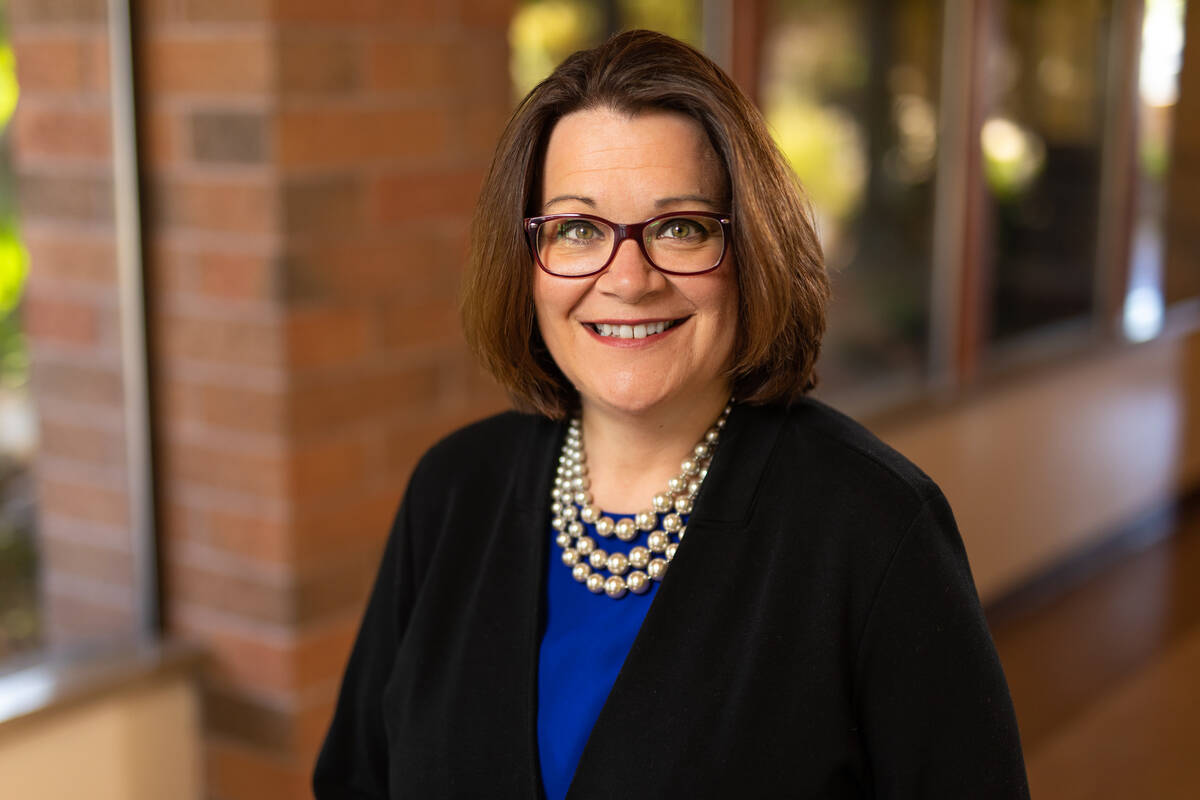As mental health stays at the forefront of an individual’s well-being, businesses must stay diligent and proactive in addressing mental health awareness and improvements at the workplace. This is not only imperative for all businesses, but it also should be stringently implemented in the health care industry. As health care employees interact with patients facing various health concerns, their health needs to remain a top priority, as well.
During the COVID-19 pandemic, it became apparent that mental health issues surged due to many factors, including feeling isolated from others, the shifts in a daily routine, the fear of contracting COVID, possible financial strain amid job losses, and overall uncertainty. On the clinical side for any health care worker, that uncertainty about COVID, contagiousness and how to control it brought many extra stress and worry. Many employers in the health care sector saw mental health issues come to the surface during this time, when it wasn’t as apparent in the past. Prior to 2020, individuals weren’t as vocal about their mental health. But since then, that perceived stigma has changed.
In health care, when you have doctors, nurses and others dealing with patients and their loved ones in a variety of settings, their mental wellness can’t be ignored. Whether in hospice or a hospital or an assisted living facility, multiple employers are talking about how to greater support employees in this area, as competition for workers remains high and many companies want to create a culture of care.
It’s important to do what is right for the patient and the employee. Always ask questions and make it a point to offer resources and to implement workplace strategies focusing on their well-being.
For instance, at Nathan Adelson Hospice, we added an extra “wellness day” for our employees, which they could take at any time after alerting their supervisor. We also introduced FRANSiS, a mental wellness and encouragement service that sends positive text messages daily to each employee’s cellphone. Not only does this make a positive impact, but the recipient is given the chance to respond to their unique message by texting back and making an entry into their “Safe Place Digital Journal” that’s kept right on their device. This has been instrumental for the organization, and it has since been rolled out to families that have gone through hospice with their loved ones and wish to receive these comforting daily messages.
Keenan Hart, co-founder and president of FRANSiS, says: “We developed FRANSiS as a solution and platform to comfort, address and help people dealing with stressful real-life scenarios not only personally, but also in the workplace. Health care workers are on the front lines and most often don’t get a chance to “fill their cup.” We hope to provide that mental health support with simple, genuine and heartfelt messages that resonate and can truly turn someone’s day around.”
In a hospice setting, those helping patients and their families and forming connections with them face loss when a patient dies. Each week, the Nathan Adelson Hospice teams review patients’ care plans, but they also discuss their own struggles. They support one another with care for the families, but they also extend care to each other.
In general, those running health care organizations are all facing the same issues with addressing mental wellness for their staff, and it’s important to be empathetic but also to find a balance. Many health care workers are setting up life-work balance boundaries and requesting shorter work weeks, making this a new normal for business owners. But this can’t always be feasible with a shortage of health care workers. Employers need to find quality employees, show concern and lend support when needed. In some cases, employers have started support groups at work as a way for individuals to talk and share. And in another example, employers offer free counseling through work in employee assistance programs.
Many resources in the community are also accessible to workers. Have those lists ready. They can include the National Alliance on Mental Illness, the Substance Abuse and Mental Health Services Administration and the Anxiety and Depression Association of America. All can offer help, guidance, information and treatment options.
You never want to find out too late if a person at your workplace needs help. Become a culture of care and compassion and let team members know they can turn to someone in the organization when help is sought after. Resources are always available. And care for others should always remain at the forefront of any business.
Karen Rubel is the president and CEO of Nathan Adelson Hospice. The largest and longest established hospice in Southern Nevada, Nathan Adelson Hospice was founded in 1978. It provides comprehensive end-of-life care to more than 400 patients and families every day.







